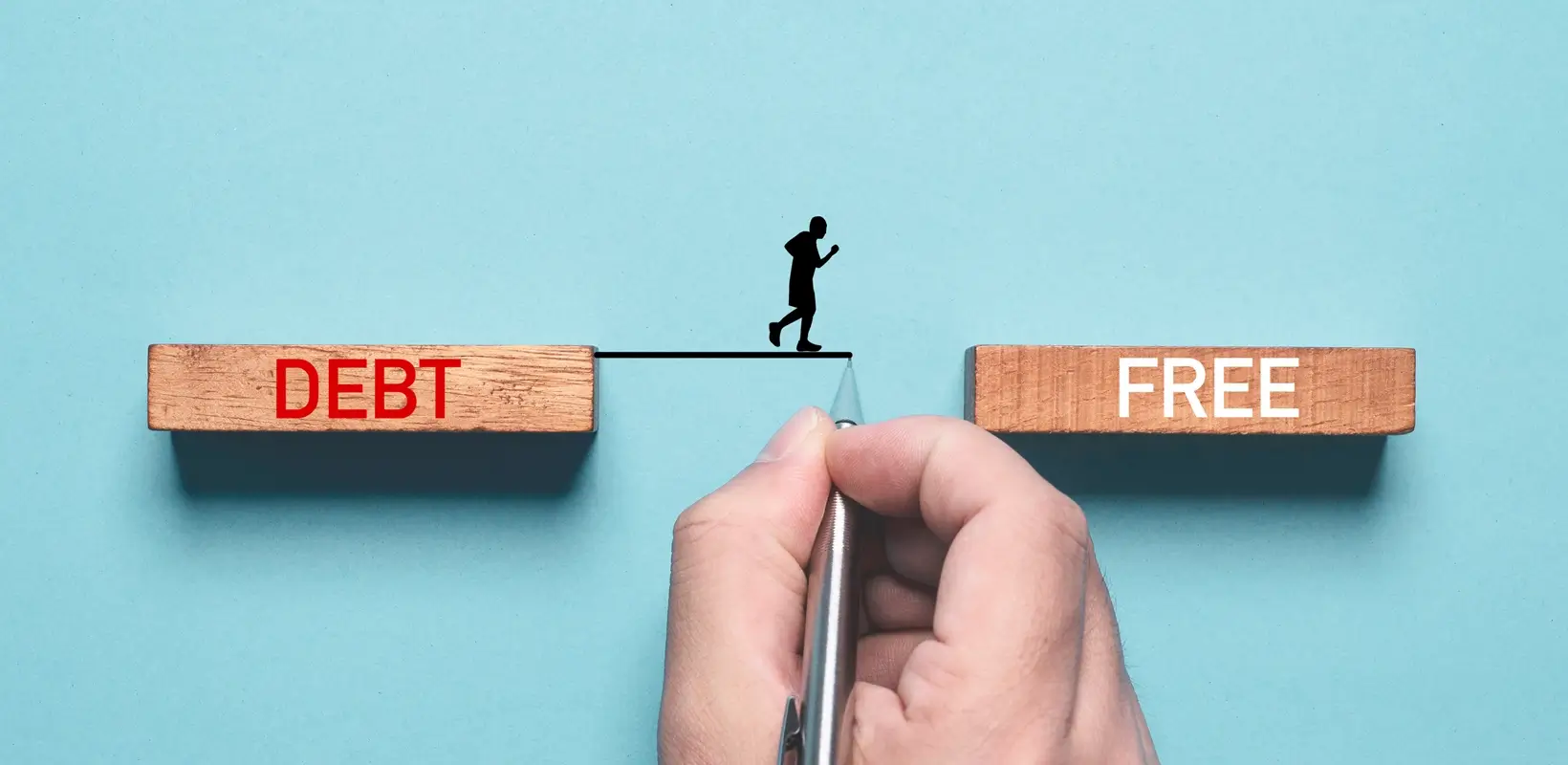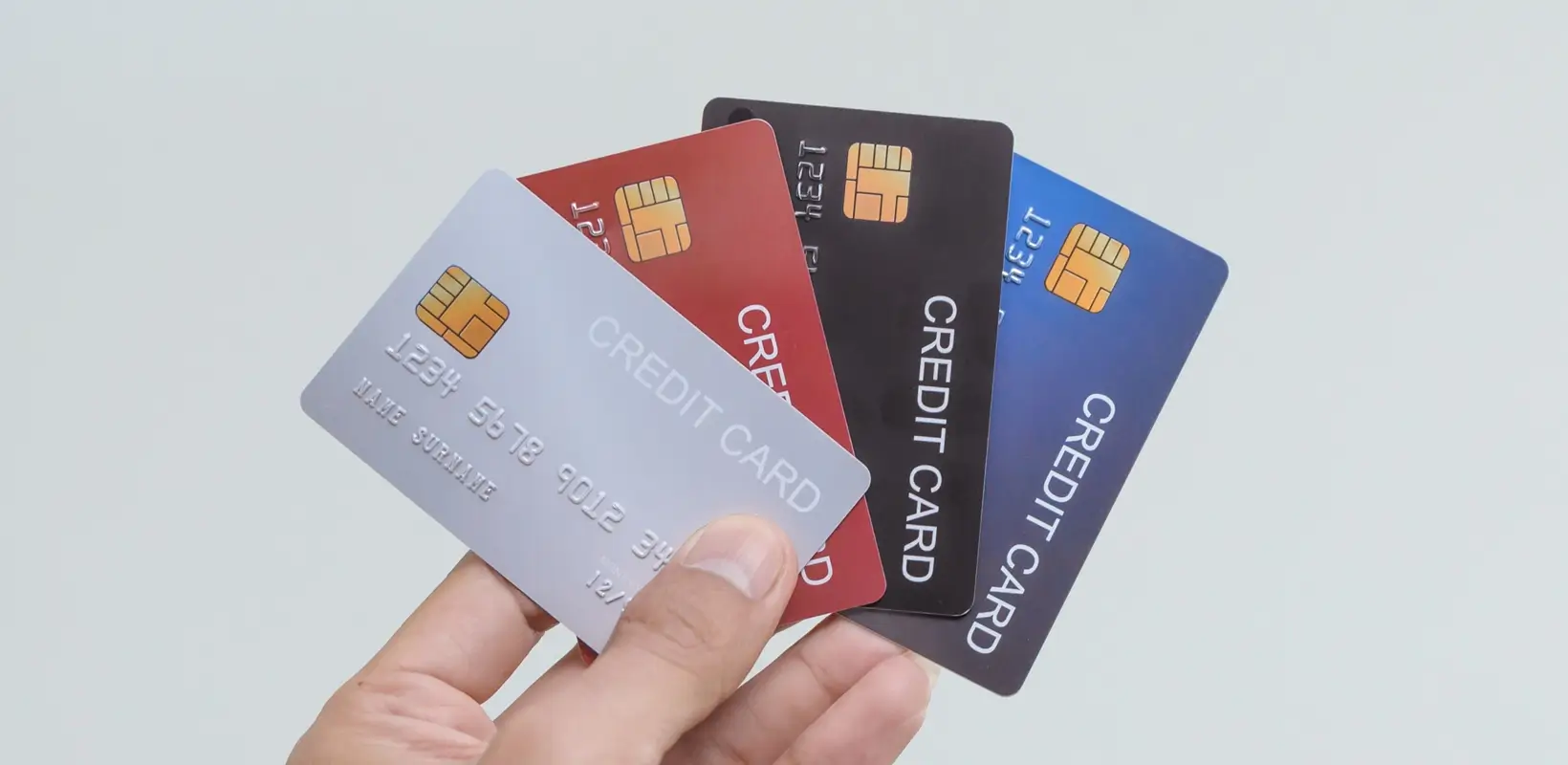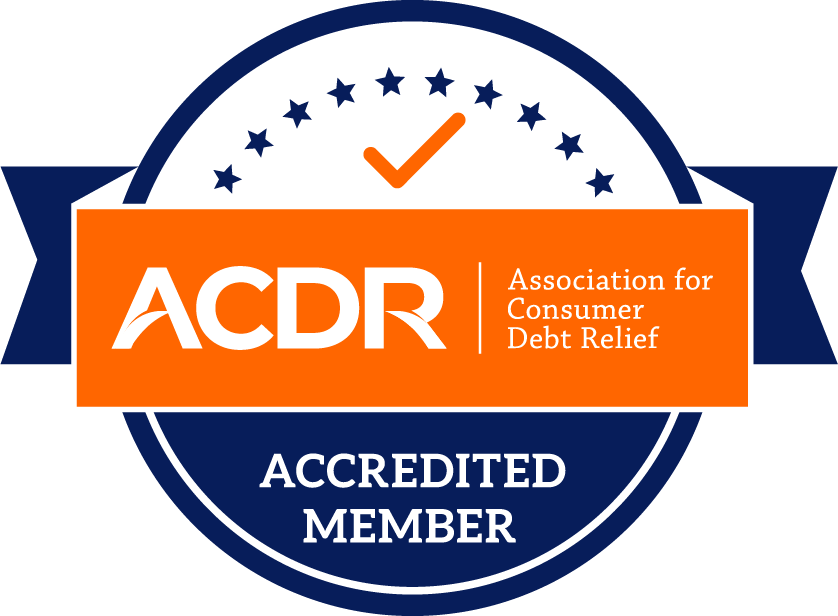Debt Services
At Liberty Debt Relief, we offer personalized solutions to help you overcome unsecured debt. Whether through debt relief, settlement, or consolidation, we aim to simplify your finances, reduce what you owe, and guide you toward a better financial position.




At Liberty Debt Relief, our debt settlement service focuses on negotiating with your creditors to reduce the amount you owe. This process can be complex and stressful to face alone. Our experienced team guides you every step of the way, leveraging our knowledge of creditor negotiations to pursue a significant reduction in your debt. We will keep you informed and in control as we work on your behalf to achieve a fair settlement. Every financial situation is unique, and we tailor our approach to fit your needs. Regain control of your finances—contact us for supportive guidance and a free consultation.

Debt consolidation involves combining multiple debts into one, often through a new loan that pays off your unsecured balances. It can simplify your payments and potentially secure a lower interest rate or monthly payment. This strategy can ease stress, but it’s not a one-size-fits-all solution. At Liberty Debt Relief, we guide you through the pros and cons to determine if consolidation is right for you. Our advisors help create a personalized plan that fits your unique situation, exploring alternatives if needed. We’re here to answer your questions and support your journey—reach out for a free consultation to discuss your options.

Debt relief is about finding a sustainable way out of overwhelming debt, and our team is here to help you identify the best path. At Liberty Debt Relief, we draw on experience to analyze your situation—whether it involves credit card balances, personal loans, or medical bills—and develop a personalized strategy. We understand how hard it can be to recover from financial setbacks, so we focus on solutions that fit your life and goals. Our compassionate experts guide you step by step toward regaining stability and confidence. Take the first step toward financial freedom by contacting us for a free consultation.

High-interest credit card debt can quickly spiral, with balances growing despite your best efforts to pay them down. If your payments barely dent the principal, it may be time for a new strategy. Liberty Debt Relief helps you confront credit card debt by reviewing your situation and recommending relief options suited to you. From negotiating lower balances to consolidating your cards into one manageable plan, our team tailors the approach to your needs. We know how stressful it is to be stuck in debt, and we’re here to support you. Take the first step toward relief with a free consultation.

Debt Relief
Debt relief gives you options—whether you’re struggling with credit cards, personal loans, or medical bills. Liberty Debt Relief provides strategic solutions like consolidation and settlement to help lower your balances and regain financial control.

Debt Settlement
Looking to reduce your total debt without paying the full balance? Debt settlement may be the answer. Our specialists work on your behalf to negotiate with creditors and help you resolve your debt faster—so you can move forward with confidence.

Debt Consolidation
Managing multiple debts can be overwhelming. With a debt consolidation plan, you can combine those payments into one lower, more manageable monthly bill. At Liberty, we tailor consolidation options to fit your financial goals and make repayment easier.
$100 + Million
In Resolved Debt
30+ Thousand
Satisfied Clients
8+ Years
In the Industry



